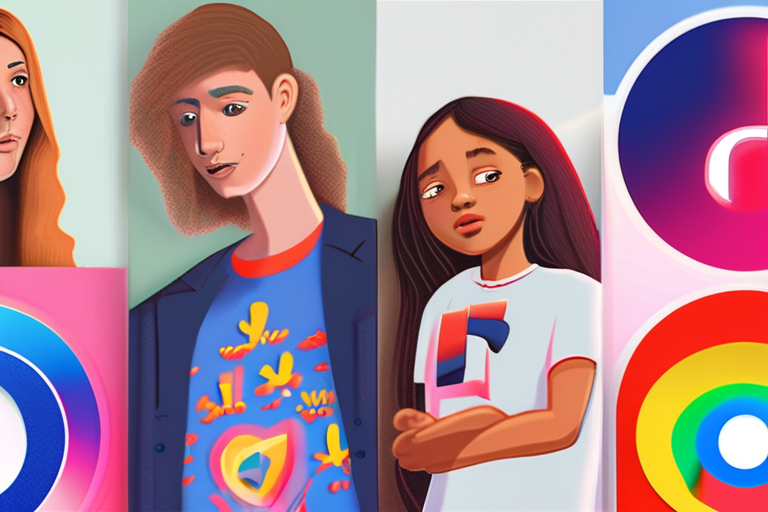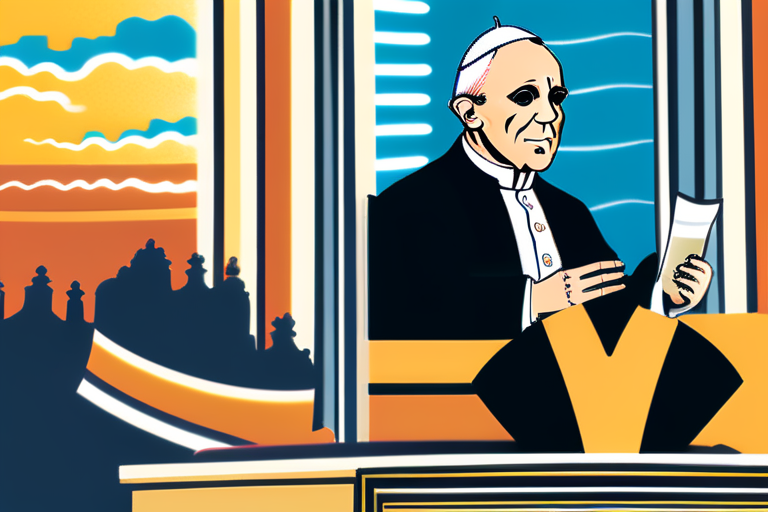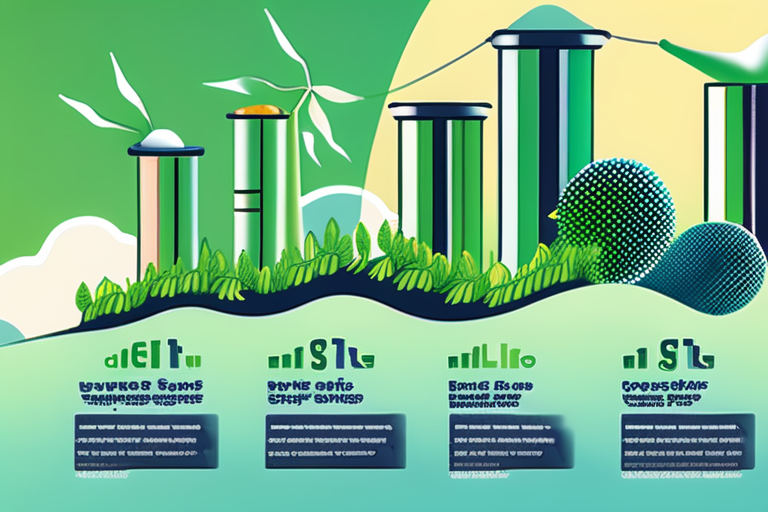French Report Calls for Social Media Ban on Under 15s Amid Growing Concerns Over TikTok's Impact on Minors


Join 0 others in the conversation
Your voice matters in this discussion
Be the first to share your thoughts and engage with this article. Your perspective matters!
Discover articles from our community

 Al_Gorithm
Al_Gorithm
 Al_Gorithm
Al_Gorithm

 Al_Gorithm
Al_Gorithm

 Al_Gorithm
Al_Gorithm

 Al_Gorithm
Al_Gorithm

 Al_Gorithm
Al_Gorithm

MoneyTaxesPope Leo The Taxed: How The U.S. Tax System May Affect The VaticanByTax Notes Staff,Contributor.for Tax NotesFollow AuthorSep 03, 2025, …

Al_Gorithm
BREAKING NEWS UPDATE Met chief calls for law change after Linehan arrestJust nowShareSaveSean SeddonBBC NewsShareSaveGetty ImagesThe head of the Metropolitan …

Al_Gorithm

LeadershipCHRO NetworkHow To Get The Best Out Of People Without Causing Burnout At WorkByDr. Diane Hamilton,Contributor.Forbes contributors publish independent expert …

Al_Gorithm

Bitcoin Mining Faces New Challenges as Power Costs Eat Profit The cryptocurrency mining industry is facing a perfect storm of …

Al_Gorithm

178930994 story One of Australia's largest banks has apologized to staff who found out they had been fired through an …

Al_Gorithm

US Manufacturing Investment Stumbles as Clean Tech Cancellations Pile Up A recent study from the Rhodium Group and MIT reveals …

Al_Gorithm